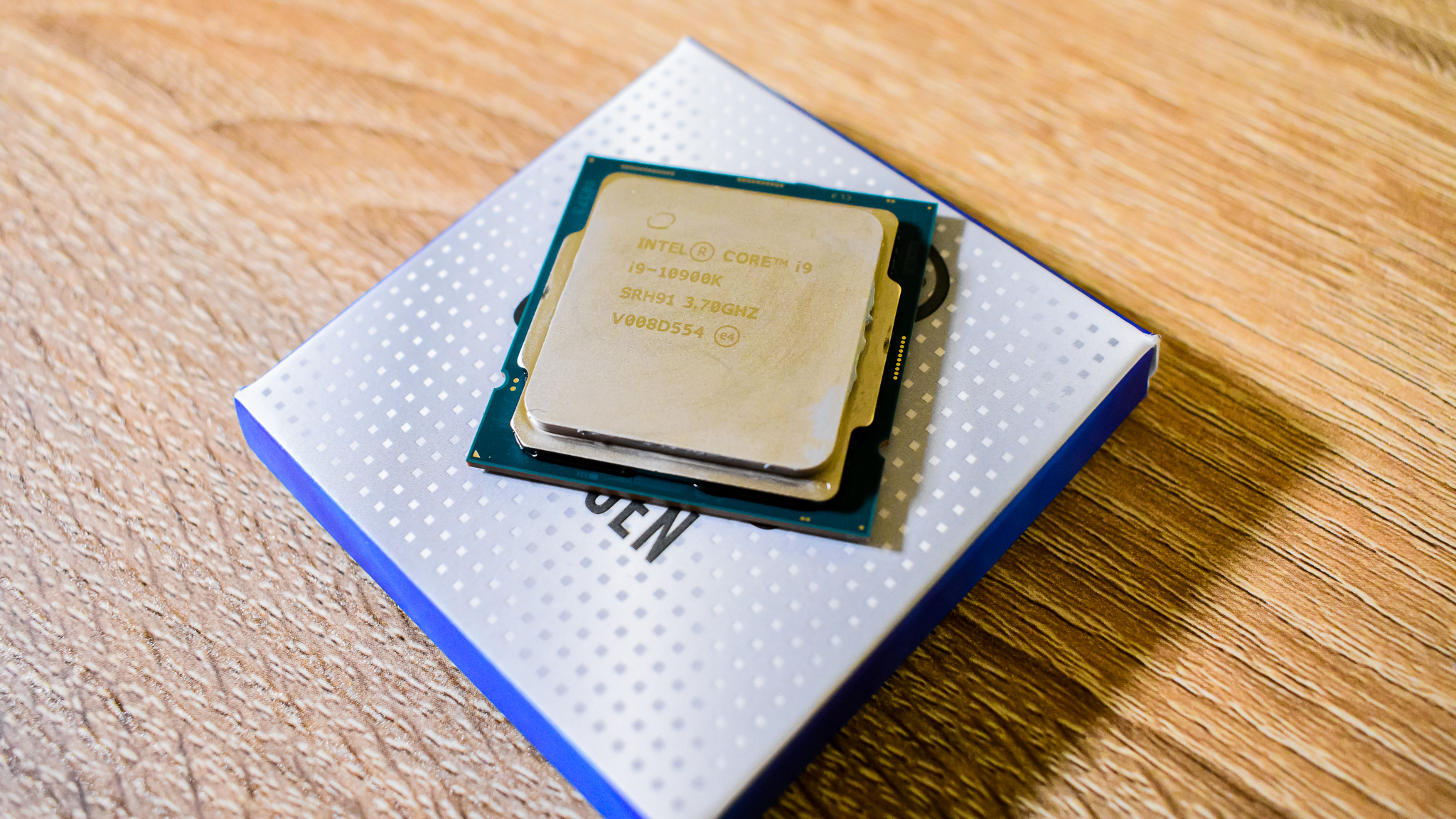Intel admits 7nm CPUs delayed perhaps until 2023, falling further behind AMD Ryzen chips
7nm processors won’t be here until late 2022, or maybe early 2023

Intel has revealed that its 7nm processors have suffered another delay, and won’t hit the market until late 2022 at best, or maybe even early 2023 – when we’ve previously heard on the grapevine that AMD could have Zen 4 CPUs on 5nm before 2022.
The news comes as Intel released its financial results for Q2 2020, and in a press release, touched on the launch timing of 7nm CPUs, noting that it’s been hit by a six-month delay in realizing these products.
- Core i9-10900K vs Core i9-9900K: does the enthusiast king keep its crown?
- We’ve picked out all the best processors
- Check out how to overclock your CPU
Intel wrote: “The company’s 7nm-based CPU product timing is shifting approximately six months relative to prior expectations. The primary driver is the yield of Intel’s 7nm process, which based on recent data, is now trending approximately twelve months behind the company’s internal target.”
Remember that earlier this year – in fact only in March – Intel was saying that its 7nm node would kick off at the tail end of 2021. As mentioned, the company is now a year behind its internal projections for 7nm, although the delay to bringing a product to market has only shifted by six months.
That’s because Intel will apparently use advanced packaging technologies, as Tom’s Hardware reports, allowing it to combine components made by external sources with its own chips, taking that line of attack to minimize the delay in terms of reaching market.
All this is obviously bad news for Intel, and consumers for that matter, and will doubtless provoke concerns that 7nm might prove another big stumbling block for the chip giant, looking at its struggle with 10nm (and how long Intel has been stuck on 14nm with desktop).
Defect mode
Intel’s chief executive, Bob Swan, explained that the freshly announced delay was due to a “defect mode” in the 7nm process, which has meant yield hasn’t been what it should be (in other words, the process isn’t good enough for production to make financial sense).
Get daily insight, inspiration and deals in your inbox
Sign up for breaking news, reviews, opinion, top tech deals, and more.
Swan also explained that Intel is going to switch strategy and use other third-party foundries for manufacturing chips in the future. That will initially include outsourcing some production of chiplets for the 7nm Ponte Vecchio GPU (for the Aurora supercomputer), which could also have been delayed until early 2022 (but still might pitch up in late 2021).
As you doubtless know, AMD already produces Ryzen CPUs (and Radeon graphics cards) on 7nm, so Intel catching up on the process front has been pushed even further back. There is, of course, more to processor performance than the process these chips are built on, but yet another delay is a pretty embarrassing matter for Intel, to say the least.
Particularly when you consider that as we mentioned at the outset, AMD could be on 5nm way before Intel makes 7nm.
- Check out the best gaming PCs
Darren is a freelancer writing news and features for TechRadar (and occasionally T3) across a broad range of computing topics including CPUs, GPUs, various other hardware, VPNs, antivirus and more. He has written about tech for the best part of three decades, and writes books in his spare time (his debut novel - 'I Know What You Did Last Supper' - was published by Hachette UK in 2013).